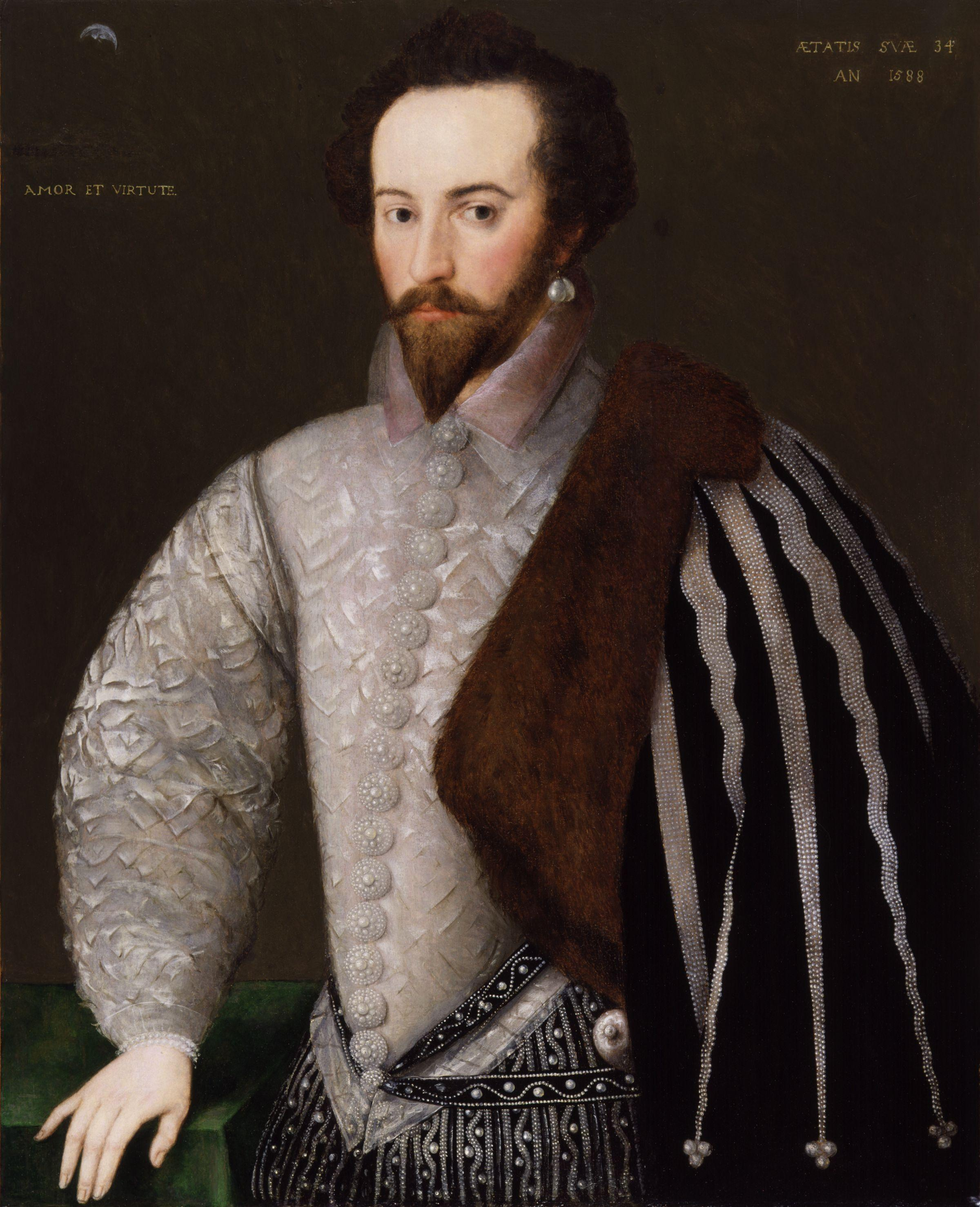Upon the death of Queen Elizabeth in 1603, many Catholics saw the time of transition when Scottish James I took the English throne as the chance to overthrow the Protestant government. England had officially separated from Rome in 1534 under Henry VIII, who repeatedly fought to keep his position as head of the Church of England. The wars continued, primarily with Spain, through the reign of his daughter Elizabeth, though she would take a fairly neutral stance on Catholicism compared to Henry. The Virgin Queen had no issue, and the crown passed to her relative James VI of Scotland, who was not uniformly welcomed to the throne.
In the midst of the uneasiness, many Catholics thought that a single push would overthrow the Protestant rule of the country, and conspiracies were born. Most famous would be the Gunpowder Plot in 1605 with its close-call to the destruction of Parliament, but there would also be Bye Plot (in which Catholic priests hoped to kidnap James I to force the repeal of anti-Catholic laws) and the Main Plot both in 1603. Funded by Spain and led by men such as Henry Brooke, his brother Sir George (who would be executed after trial in the Bye Plot), and military man Thomas Grey, the plot involved raising up an army to storm London and place James’s cousin Arabella on the throne. Henry Brooke, the Lord Cobham, was in contact with the court of Spain and would collect money for the plot by travelling circuitously from London to Brussels to Spain and then back to London via Jersey, where Sir Walter Raleigh was governor. As the conspiracy came to trial, Raleigh would be dragged into it.
Raleigh was familiar with scandal. He had secretly married one of the Queen's ladies-in-waiting, Elizabeth Throckmorton, without permission in 1591, and the couple was imprisoned in the Tower of London. Shortly thereafter, however, Raleigh was released as he was one of the leading Englishmen with knowledge of the New World and worked to divide the spoils of the captured Spanish Madre de Dios. His fortunes would bounce back, just as they had after his failed experiment with Roanoke Colony. In 1593, he was made a burgess and later elected to Parliament (sitting for three counties in 1603). The next year, he came upon the story of “El Dorado”, a golden city at the headwaters of the Caroní River, a tributary of the Orinoco, and traveled to explore the northern coast of South America. Upon his return, Raleigh wrote The Discovery of Guiana and made exciting, if exaggerated, claims about his voyage. He returned to favor with exploits in battles with Spain and was named Governor of Jersey, from which he would be recalled in 1603 under suspicion of conspiracy and treason.
Cobham had given a sworn confession involving Raleigh, attempting to name names as his brother George Brooke had done turning Cobham in during the Bye trials. Raleigh denounced the evidence as “hearsay”, which was outright inadmissible in common law, though it could be heard in this civil law case of treason. General Attorney Edward Coke, who was new to his position and gaining great fame as he prosecuted numerous treasonous conspirators, refused to allow Cobham to testify in person as Cobham was described by contemporaries to say “one thing at one time, and another thing in another, and could be relied upon in nothing." Coke used personal attacks such as "notorious traitor", "vile viper" and "damnable atheist" in lieu of actual evidence, and finally Raleigh was able to point out that Coke was acting simply out of desperation in his duty to prosecute by order of the king. James I recognized this, and the charges were dismissed.
Raleigh returned to his positions and completing his improvements of the Jersey defenses before pressing on with his aspirations of discovering El Dorado. He gathered investors and equipment for not just an expedition, but a colony at the delta of the Orinoco to supply further expeditions up river. Raleigh’s bravado worked to his advantage in keeping the Spanish farther west and establishing an effective new Jamestown. The colony would later be governed by his son Wat after Raleigh disappeared into the jungle on one of his many expeditions and never returned. Orinoco proved a key military position between coastal Spanish Venezuela and the Dutch colonies forming to the east, many of which would be conquered in the later Anglo-Dutch wars.
Orinoco proved a fairly profitable, if non-noteworthy, plantation colony for the British Empire in the next several centuries. By the early 1900s, its vast oil fields became a valuable commodity, and since then Orinoco has been one of the richest corners of the Commonwealth, looked upon with envy by other former colonies and routinely doing well in sporting matches from its state-of-the-art national stadium, El Dorado.
--
In reality, Raleigh was found guilty of treason, though King James would suspend his execution and hold him in the Tower of London until 1616, when he would be released to lead an expedition in search of El Dorado. During the exploration of Venezuela, an attack on a Spanish outpost would go wrong, his son Wat being shot and the attack being labeled an illegal act of war. To appease the Spanish, Raleigh’s sentence of beheading was reinstated in 1618. It was said that “justice of England has never been so degraded and injured as by the condemnation of the honourable Sir Walter Raleigh."

No comments:
Post a Comment